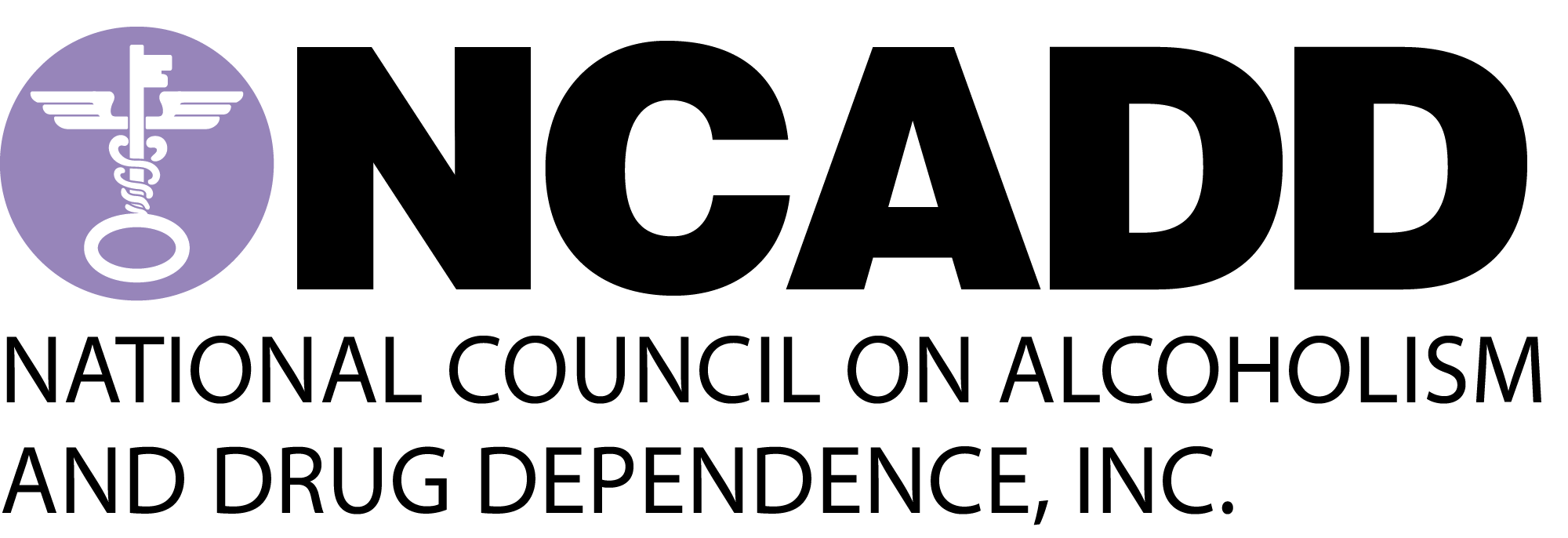
What is Drug Addiction?
People experiment with drugs for many different reasons. Many individuals first try drugs out of curiosity, to have a good time, because friends are doing it, or to improve athletic performance or ease another problem, such as stress, anxiety, or depression. It is often mistakenly assumed that individuals with substance use disorders lack moral principles or willpower. It varies by individual. Drug abuse and addiction are less about the amount of substance consumed or the frequency, and more to do with the consequences of drug use. No matter how often or how little you’re consuming, if your drug use is causing problems in your life—at work, school, home, or in your relationships—you likely have a drug abuse or addiction problem.
Prescription Drug Abuse
People of all ages abuse prescription drugs for several reasons including to feel good, to relax, to reduce appetite, or to be accepted by their peers.
Marijuana Use and Abuse
Marijuana is the most commonly used and abused illicit drug in the United States, particularly among adolescents and young adults. It affects almost every organ in your body, your nervous system, and immune system.
How Does Marijuana Affect the Brain?
When someone smokes marijuana, THC is absorbed by the lungs and into the bloodstream, which carries the THC to the brain and all other organs throughout the body, producing the “high” that users experience.
Long-Term Effects of Marijuana Use
Research has shown that, in chronic users, marijuana’s adverse impact on learning and memory can last for days or weeks after the acute effects of the drug wear off. Withdrawal symptoms can also occur.
Drug Dependence and Veterans
Service members face similar challenges with drug and alcohol misuse as the general population. Despite a decrease in illegal drug use, prescription drug abuse and heavy alcohol consumption have risen, especially among those who have been deployed multiple times or experienced combat.
These individuals often struggle with a combination of Post-Traumatic Stress Disorder (PTSD), traumatic brain injury (TBI), and chronic pain, which can exacerbate substance use issues. Additionally, the transition back to civilian life, marked by common setbacks like job loss, divorce, and financial difficulties, can lead to increased alcohol and drug consumption, affecting up to 13 percent of veterans.
While the use of illicit drugs among service members remains low, there has been a significant uptick in the misuse of prescription drugs, particularly pain relievers. Many veterans, dealing with serious injuries and ongoing pain, receive prescriptions for these medications, contributing to their misuse. Pain reliever prescriptions by military physicians increased fourfold between 2001 and 2009.
Studies show that veterans have a prescription drug misuse rate of 11.7%, significantly higher than the civilian rate of 4.4%. PTSD often underlies substance use disorders in veterans, with around 25% diagnosed with PTSD, depression, anxiety, or chemical dependency after returning from combat zones.
Women in the military, experiencing a rising presence, face unique challenges regarding substance use. A significant portion of female veterans report PTSD related to “military sexual trauma,” leading to higher rates of alcohol and drug problems compared to their male counterparts.
Substance abuse among service members doesn’t just affect them—it also impacts their families. Family members are often more willing to seek care than veterans themselves, highlighting the need for comprehensive support systems.
Despite the availability of effective treatments, many veterans don’t seek help due to stigma and fear of repercussions. The Institute of Medicine recommends expanding insurance coverage for outpatient treatments and enhancing healthcare providers’ ability to recognize and address substance use problems.
No one should face addiction alone. With the right support, treatment, and resources, veterans and their families can overcome the challenges of substance abuse and reclaim their lives.
